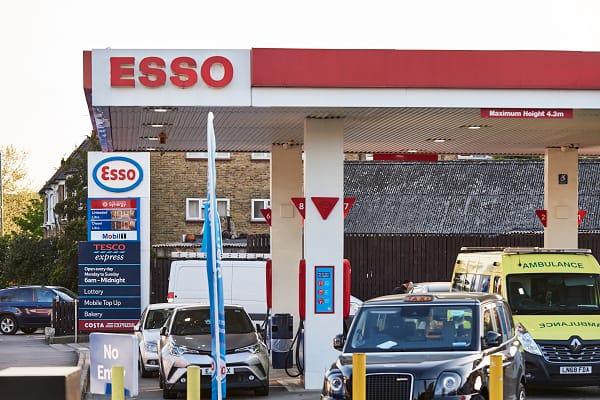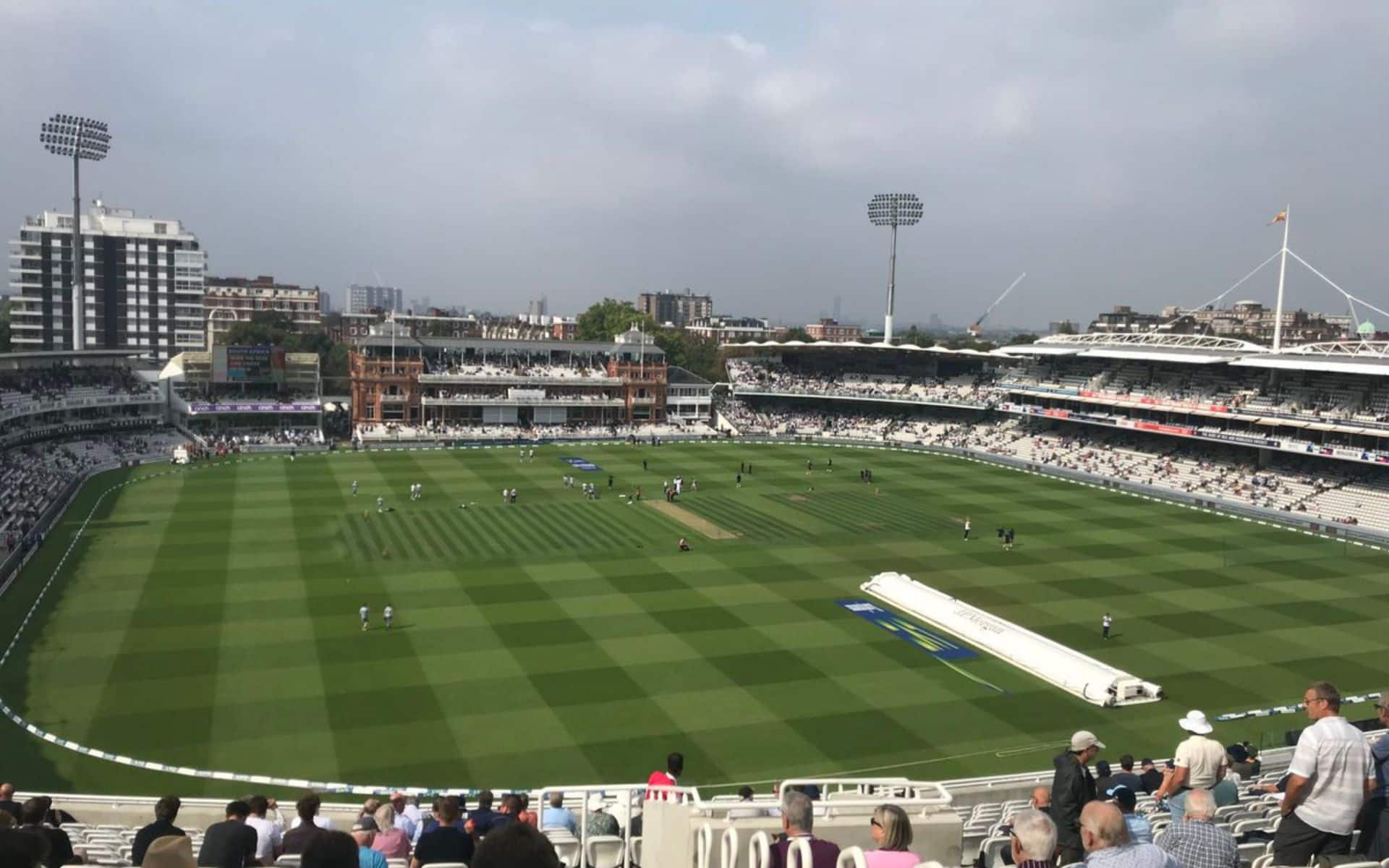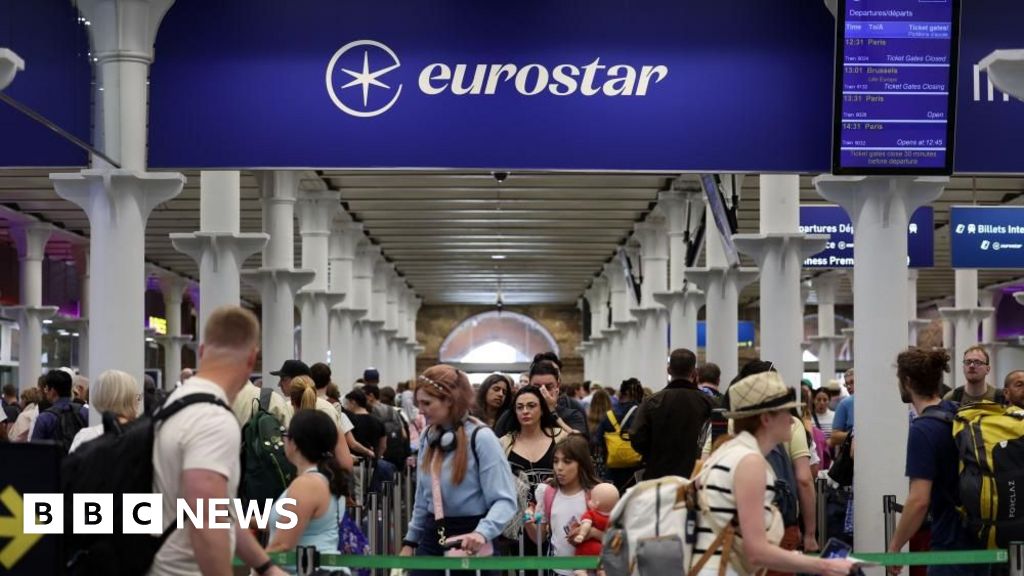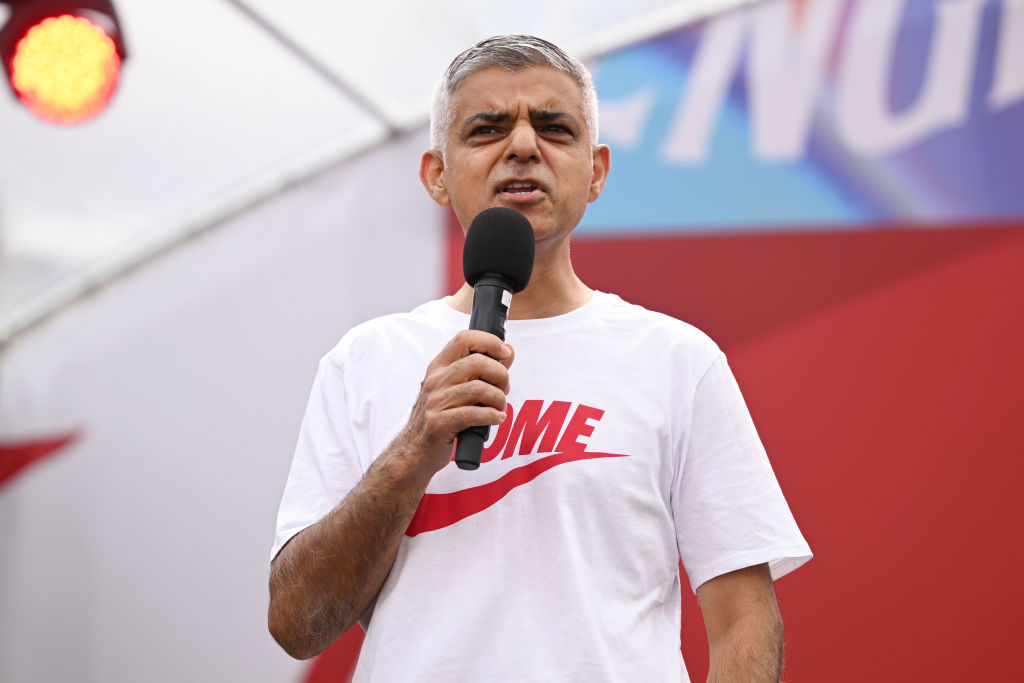Bussiness
Khan’s lead down to 10 points in final poll before mayoral election
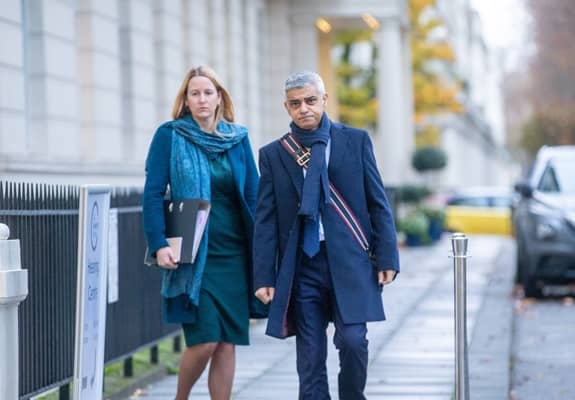
New polling on the eve of the London Mayoral Election suggests that the race has tightened, with Labour London Mayor Sadiq Khan on 42% over the Conservatives’ Susan Hall on 32%.
The latest voting intention released a day before London’s Mayoral election on 2 May sees Khan’s lead over Hall decrease from 13-points to 10-points.
The Liberal Democrat candidate Rob Blackie is on 10%, the Green Party Candidate Zoë Garbett on 8% and Reform UK’s candidate Howard Cox on 3%.
Londoners remain divided on Khan’s time as London Mayor, with 35% saying they are satisfied with his performance, and 40% saying they were dissatisfied. 4% say they don’t know.
Khan’s current ten-point margin over Hall is a significant under-performance against Labour’s (53%) dominance in the capital over the Conservatives in Westminster voting intention (23%).
Chris Hopkins, Political Research Director at Savanta said, “Our final poll before Londoners choose their next Mayor suggests that the race has tightened in the last few days before polling day. Of course there remains a high level of uncertainty around this election, with changes to the electoral system and voter ID laws making cast-iron predictions challenging, but the findings still suggest a closer race than many are bargaining for.”
“While we still predict a broadly comfortable victory for Khan over Hall, our research has consistently suggested that the current Mayor has serious challenges as a candidate. Londoners seem divided on his time in office so far – and a different, more popular opponent could have made a difference.”
Antonia Jennings, Chief Executive at Centre for London, said, “As we inch ever closer to polling day, we are seeing the race tighten between Sadiq Khan and Susan Hall. It doesn’t look like the incumbent Labour Mayor will sweep away the competition with the lead initially expected.”
As the polls narrow, it indicates the challenge Khan will face if elected. Susan Hall’s ability to poll higher than her own party in Westminster indicates Londoners’ disappointment with Khan’s record to date. Running for an unprecedented third term, he is likely to be judged not on his manifesto like Hall, but on his widespread record in his last 8 years as Mayor.
However, we cannot discuss Sadiq Khan’s record and disregard how centralised power is in the UK. Compared with other capital cities, London’s devolution deal is measly. Fiscal powers – the ability to raise taxes – are particularly lacking, meaning London’s Mayor remains heavily constrained by national government budgets.
With each new poll, we have seen Londoners spotlight the same issues time and again – housing, the cost-of-living and crime. To enable our next Mayor to properly tackle the problems facing London, we need devolution, to bring policymaking closer to the people it affects.”
Savanta’s research, conducted between 26-30 April, suggests a significant proportion of Londoners have yet to make up their minds, with one in six (17%) suggesting they’re likely to change their mind before polling day. Liberal Democrat candidate Rob Blackie’s voters (27%) are the most likely to say they could be swayed.
One in five (18%) of Londoners say they either ‘don’t know’ or don’t believe there are elections taking place in London on 2 May, rising to 31% of young people (18-34 year olds). Younger people are also more likely to be unaware (31%) that they now need to bring voter ID with them, compared to 22% of Londoners.


